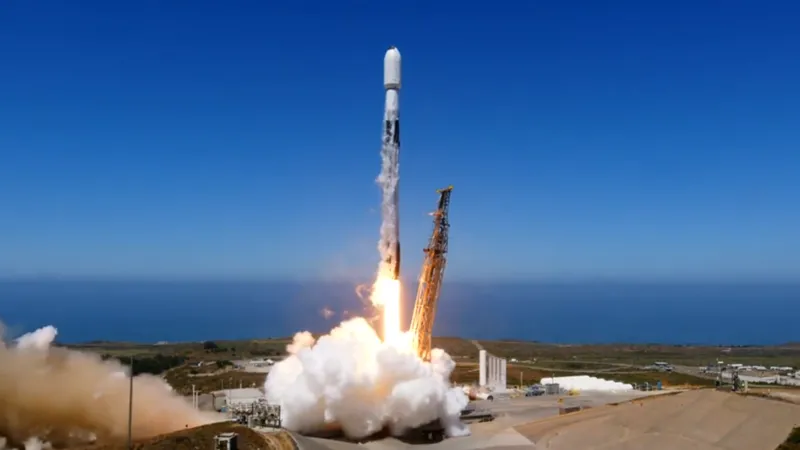Why Are More African Countries Launching Satellites?
More African nations are launching their own satellites, showing a growing interest in space technology. For example, Senegal recently launched its first satellite, called GaindeSAT-1A, using a SpaceX rocket. This satellite will help with tasks like earth observation and telecommunications, which Senegal’s president sees as a major step toward “technological sovereignty.” The cost of launching satellites has dropped significantly, making it easier for smaller countries to participate in space activities, according to Kwaku Sumah, a space expert from Spacehubs Africa.
So far, 17 African countries have launched over 60 satellites, with Senegal, Djibouti, and Zimbabwe recently putting their first satellites into orbit.
However, Africa currently lacks its own launch facilities, relying instead on partnerships with foreign nations. While some experts believe that building their own satellites gives African countries better control and access to important data, there are challenges.
For instance, Jessie Ndaba, co-founder of a South African space tech company, says that space initiatives often seem elitist and that focusing on practical issues, like climate change, is more beneficial for Africa.
Meteorologists in Kenya, like Sarah Kimani, have found that satellite data is crucial for monitoring extreme weather and improving early warning systems.
They emphasize the need for more homegrown satellites to meet local needs. However, many African countries still depend on foreign technology and expertise, as noted by Temidayo Oniosun from Space in Africa.
While Senegal’s satellite was built by local technicians, they collaborated with a French university, highlighting the reliance on foreign partnerships.
Despite these challenges, experts like Kwaku Sumah are optimistic. They believe that African nations can negotiate favorable deals by leveraging the interests of powerful countries like the US, China, and Europe, which are also involved in African space projects. This could help boost technology and resources for African nations.
Overall, the space industry in Africa is bright, with nearly 80 satellites currently in development, indicating a strong future for African space programs.
This trend represents an important shift for the continent, as it seeks to gain more independence and address its own challenges through technology.
As Kwaku Sumah points out, having their own satellites allows African countries to better manage resources, monitor crops, and respond to climate threats【BBC】.
https://www.bbc.com/news/articles/c4gvnym0j0xo

